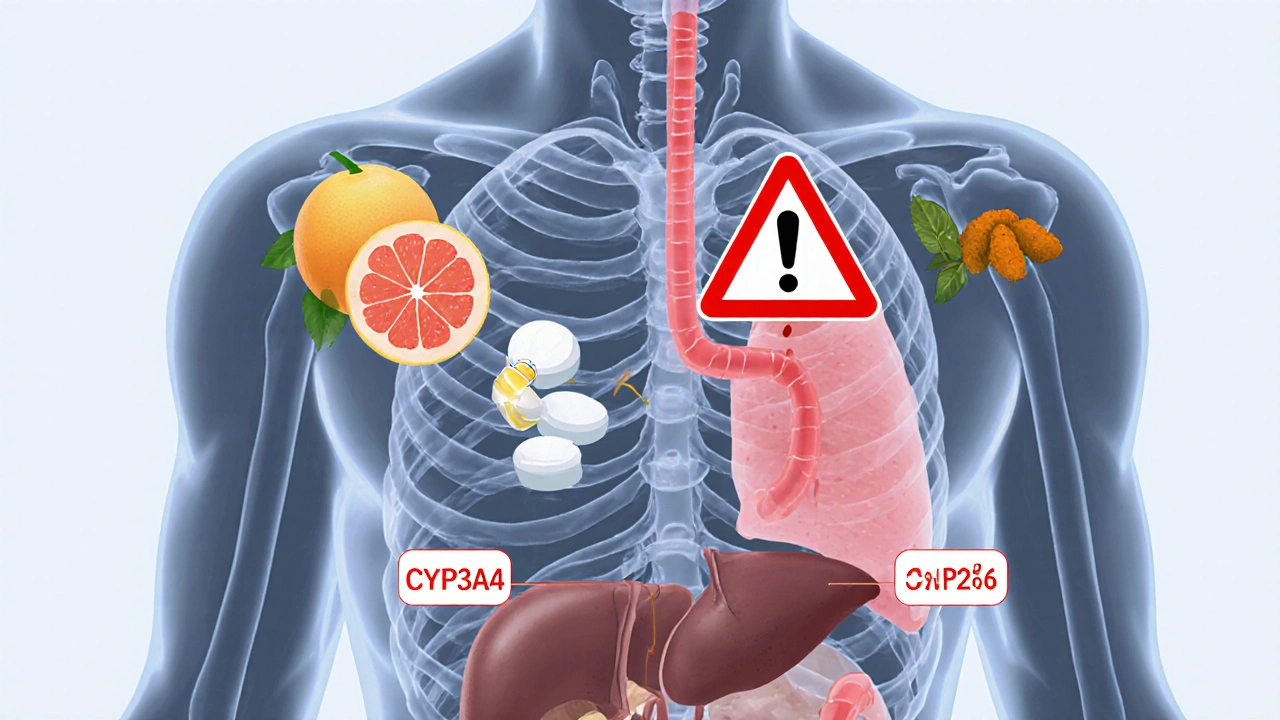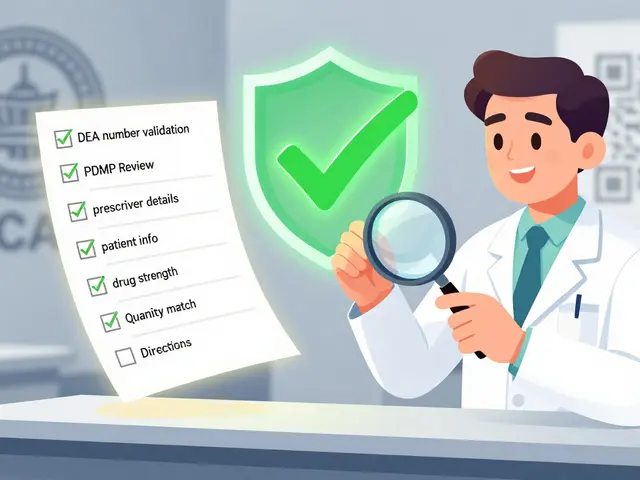Drug Interactions with Chemo: What You Need to Know Before Treatment
When you're undergoing chemotherapy, a powerful treatment used to kill cancer cells by targeting rapidly dividing cells in the body. Also known as chemo, it's not just one drug—it's often a mix of medications that can react unpredictably with other pills, supplements, or even foods you take daily. Many people don’t realize that something as simple as an over-the-counter painkiller, a herbal supplement, or a blood thinner can change how chemo works—or make side effects worse.
One of the biggest risks comes from blood thinners, medications like warfarin or apixaban that prevent clots but increase bleeding risk. When taken with chemo, they can turn a minor nosebleed into a life-threatening emergency. Chemo lowers your platelet count, and blood thinners stop those platelets from working right. Together, they push your body past its limit. That’s why doctors always ask for a full list of everything you’re taking—even vitamins or CBD oil—before starting treatment. Another common danger is antibiotics, used to fight infections but sometimes interfering with how chemo is broken down by the liver. For example, some antibiotics slow down the enzyme that clears chemo drugs from your system, causing toxic buildup. Others speed it up, making the chemo less effective. It’s not guesswork—it’s science, and your oncology team needs every detail to get it right. Even something as basic as grapefruit juice can mess with chemo metabolism. It blocks a liver enzyme called CYP3A4, which many chemo drugs rely on to be processed safely. One glass might mean your drug sticks around too long, increasing nausea, fatigue, or organ damage.
It’s not just about avoiding bad combos—it’s about knowing what’s safe. Some supplements people think are harmless, like St. John’s Wort or high-dose vitamin C, can actually reduce chemo’s power. Others, like ginger for nausea or probiotics for gut health, might help—if used the right way. But you can’t wing it. Every interaction has a different risk level depending on the type of cancer, the chemo drug, your liver function, and your age. That’s why you need personalized advice, not internet forums.
Below, you’ll find real-life examples from patients who’ve been there—what went wrong, what worked, and what doctors wish more people knew. From managing bleeding risks on chemo to understanding why your allergy pill might be dangerous, these posts give you the facts without the fluff. No jargon. No hype. Just what you need to stay safe while fighting cancer.





